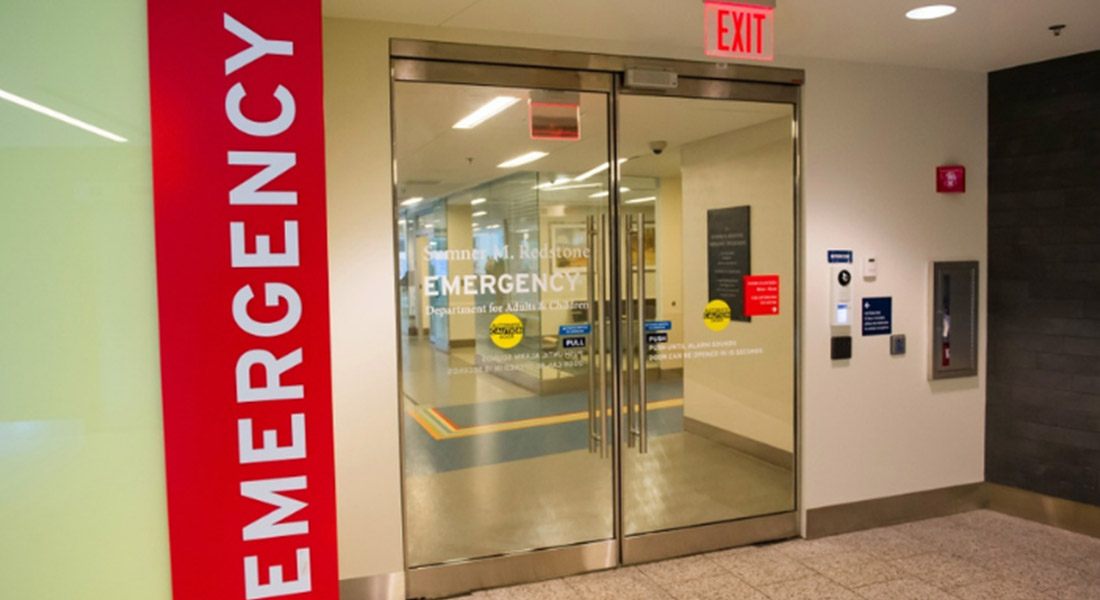-
- Find Care
-
- Visitor Information
- Find a Location
- Shuttles
- Visitor Policies
-
-
-
- Our Virtual Care Options
- Virtual Urgent Care
- Virtual Visits for Primary & Specialty Care
- Online Second Opinions
- Participate in Research
-
- Contact us
-
- For Innovators
- Commercialization Guide for Innovators
-
-
- Research News
- Alzheimer's Disease
- Artificial Intelligence
-
- Overview
-
- Overview
- Getting Started
- New to Mass General Brigham
- International Patient Services
- What Is Patient Gateway?
- Planning Your Visit
- Find a Doctor (opens link in new tab)
- Appointments
- Patient Resources
- Health & Wellness
- Flu, COVID-19, & RSV
- Billing & Insurance
- Financial Assistance
- Medicare and MassHealth ACOs
- Participate in Research
- Educational Resources
- Visitor Information
- Find a Location
- Shuttles
- Visitor Policies
- Find Care
-
- Overview
- Our Virtual Care Options
- Virtual Urgent Care
- Virtual Visits for Primary & Specialty Care
- Online Second Opinions
-
- Overview
- Participate in Research
-
- Overview
- About Innovation
- About
- Team
- News
- For Industry
- Venture Capital and Investments
- World Medical Innovation Forum (opens link in new tab)
- Featured Licensing Opportunities
- For Innovators
- Commercialization Guide for Innovators
- Contact us
-
- Overview
- Information for Researchers
- Compliance Office
- Research Cores
- Clinical Trials
- Advisory Services
- Featured Research
- Two Centuries of Breakthroughs
- Advances in Motion (opens link in new tab)
- Brigham on a Mission (opens link in new tab)
- Gene and Cell Therapy Institute
- Research News
- Alzheimer's Disease
- Artificial Intelligence
-
- Overview
-
- Overview
- Residency & fellowship programs
- Brigham and Women's Hospital
- Massachusetts General Hospital
- Mass Eye and Ear
- Newton-Wellesley Hospital
- Salem Hospital
- Integrated Mass General Brigham Programs
- Centers of Expertise
- Global & Community Health
- Health Policy & Management
- Healthcare Quality & Patient Safey
- Medical Education
- For trainees
- Prospective trainees
- Incoming trainees
- Current trainees
- Continuing Professional Development
The Perfect Storm: Hospital Emergency Departments at Record Capacity
Mass General Brigham Shares Alternate Care Options in Response to High Emergency Department Volume

Mass General Brigham Emergency Departments (EDs) continue to experience exceedingly high patient volume and high patient acuity.
“There’s no one reason we are seeing so many patients who need emergency care. It’s a combination of many factors,” says Michael VanRooyen, MD, MPH, Chief of Emergency Medicine for Mass General Brigham. “People are doing more outdoor and group activities while COVID-19 cases are rising; access to primary health care is severely limited, sending more patients to the ED; mental health problems and lack of access to care has reached a breaking point; and we’re seeing a cumulative effect of folks delaying care during the pandemic–serious complications from things like heart disease, kidney disorders or diabetes. It’s the perfect storm for a surge in ED cases.”
To help ensure EDs have capacity for patients with emergency medical conditions, the system is sharing care options that are available for those who need urgent, but not emergency care.
“The public can play an important role helping to safeguard ED’s abilities to best provide emergency care for their communities,” says Paul Biddinger, MD, FACEP, Chief Preparedness and Continuity Officer for Mass General Brigham. “When you don’t need emergency care, seeking evaluation and treatment in places other than the ED helps preserve resources for those with life-threatening conditions. In many non-emergent clinics, patients can often be seen more quickly, providing them with a better care experience.”
Mass General Brigham’s urgent care centers are available to patients seeking care for conditions such as wounds that need stitches, back pain/strains, sore throats or cough, urinary tract infections, and others. Mass General Brigham also offers virtual urgent care through Patient Gateway.
If patients have symptoms or a medical question, they shouldn’t wait to get checked. Addressing health concerns early can prevent emergencies. Patients should contact their regular health care team to schedule a visit before their health concern worsens. Talking to a primary care provider or a regularly seen specialist (like a cardiologist or endocrinologist) is a good place to start. They can evaluate patients’ concerns and recommend next steps.
Mass General Brigham Emergency Departments remain open and available to those who are experiencing potentially life-threatening conditions, such as heart attacks, strokes, severe burns, fainting or collapsing, severe allergic reactions, major trauma and injury, and difficulty breathing, among others.
Patients with mild symptoms of COVID-19 are advised to isolate, contact their primary health care provider and get tested. If symptoms worsen and patients have difficulty breathing, persistent pain or pressure in the chest, new confusion, inability to remain awake, or bluish discoloration around the lips or face, they should seek immediate care at the Emergency Department.
Patients needing COVID-19 testing should visit http://www.mass.gov/covid-19-testing. For patients seeking asymptomatic, elective testing, the Centers for Disease Control recommends using an at-home COVID-19 home test kit: https://www.cdc.gov/coronavirus/2019-ncov/testing/self-testing.html.